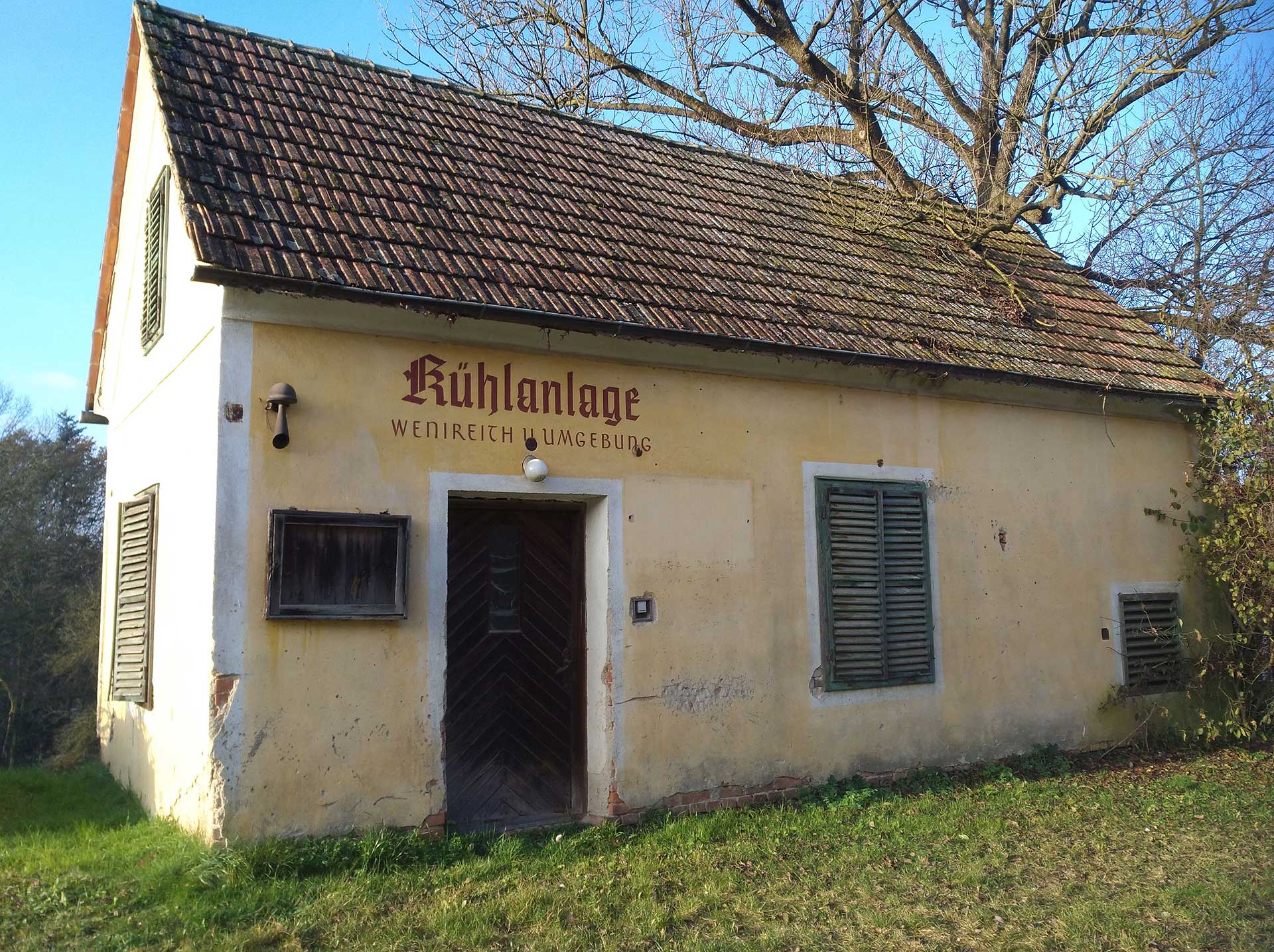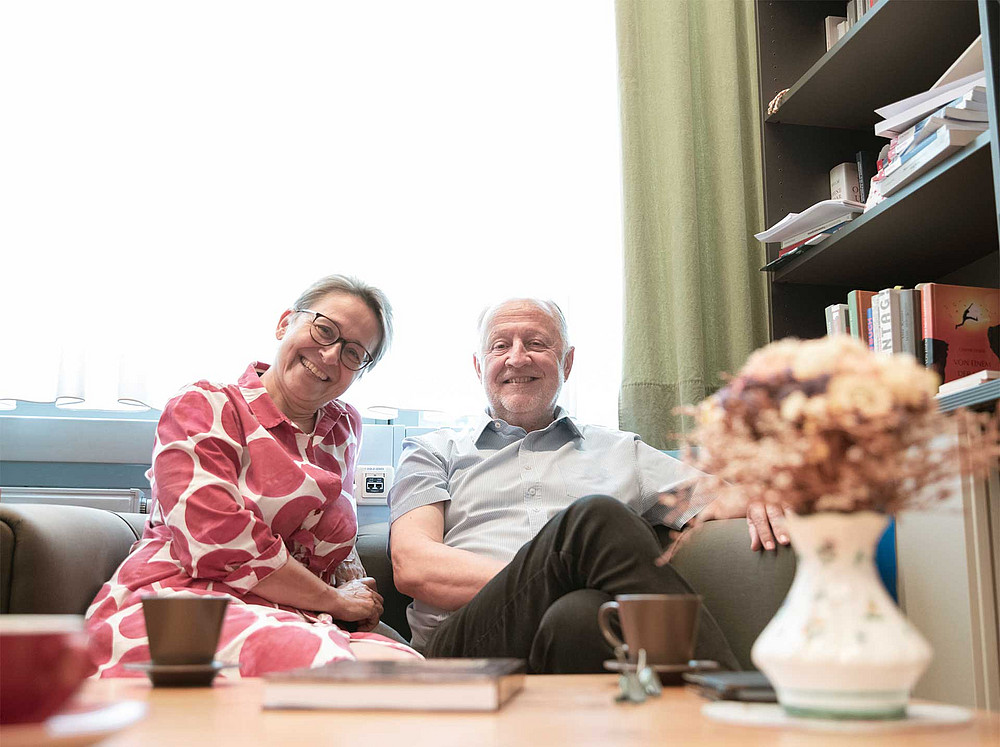Rein in einen riesigen Gefrierschrank. Mitten im heißen Juli. Für den Verfasser dieses Artikels in den 1970er-Jahren ein Abenteuer. Als die Großmutter den Schweinsbraten von der letzten Schlachtung aus ihrem gemieteten Fach holte. Im Kühlhaus in Gersdorf bei Spielfeld. Einem von einst mehr als 800 Tiefkühlhäusern in der Steiermark, die heute teilweise abgerissen sind, zum Teil aber auch als kulturgeschichtliche Denkmäler anderwärtig genutzt werden. Etwa 50 sind sogar noch in Betrieb, wie Ziegerhofer und Eberhart recherchiert haben.
Ab 1955 entstanden Tiefkühlhäuser in der Steiermark. 500 davon haben die beiden Wissenschaftler:innen im Zuge ihrer Forschungsarbeit aufgespürt. „Die Häuser waren reine Zweckbauten mit weitgehendem Verzicht auf Ästhetik“, erklärt Anita Ziegerhofer. „Sie wurden zugleich zu einem Prestigeobjekt eines Ortes, das die Dorfgemeinschaft auf Gemeinde- oder Privatgrund in unzähligen Arbeitsstunden errichtete.“
Revolution am Land
Die Nutzung der Gebäude als Tiefkühlhaus ist Geschichte. Sie sind aber heute noch Ausdruck dafür, wie sie einst das Leben am Land massiv veränderten. „Außen unscheinbar barg es innen eine Revolution in Form von tiefgefrorenem Fleisch, Gemüse, Obst, Brot und Kuchen“, schildert Helmut Eberhart. „denn die Köstlichkeiten konnten nun auch am Land saisonunabhängig jeden Tag genossen werden – ganz wie in der Stadt.“
Viele Erzählungen und Berichte haben die Rechtshistorikerin und der Kulturanthropologe gesammelt. Historische Fotografien sind hingegen spärlich vorhanden. „Das bezeugt, dass die Häuser nie als etwas Besonderes wahrgenommen wurden, sondern einfach da waren“, begründen die Forscher:innen.
Das Buch „Frostige Spurensuche. Die Geschichte der Tiefkühlhäuser in der Steiermark“ ist im Leykamverlag erschienen.

